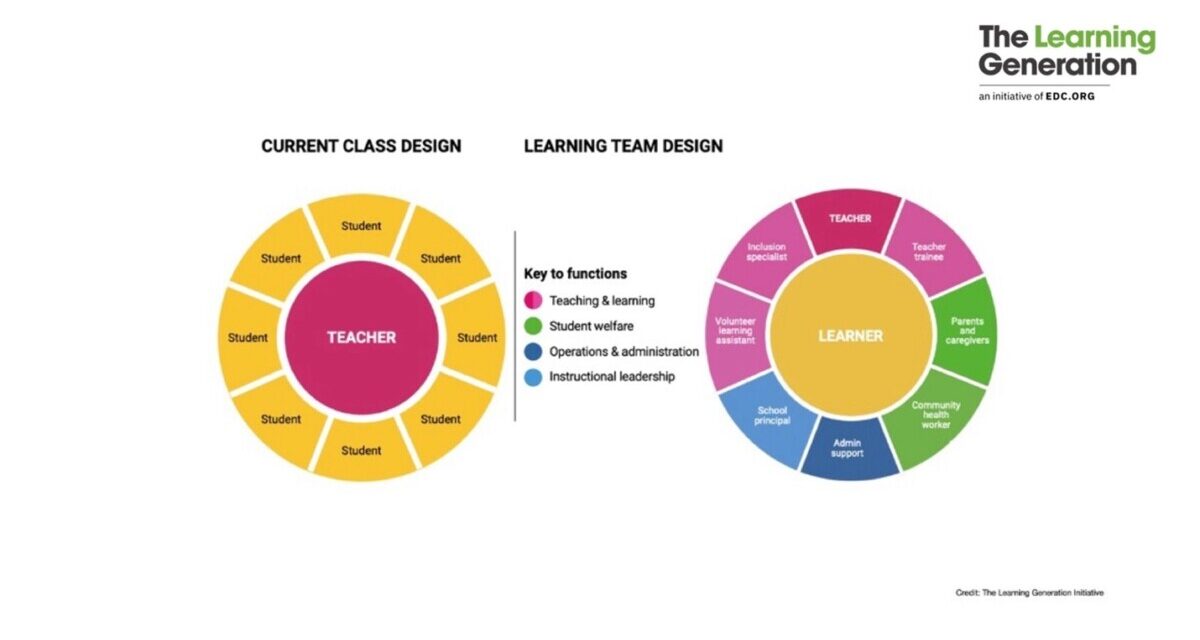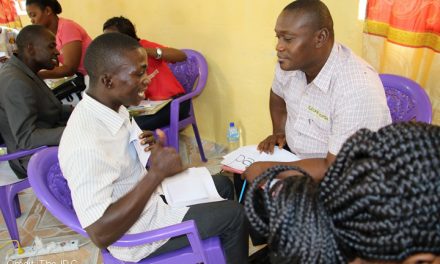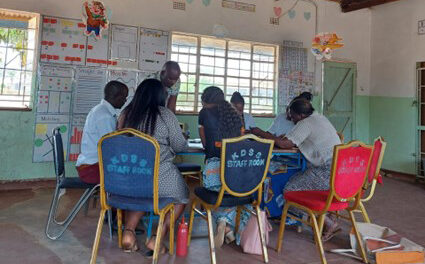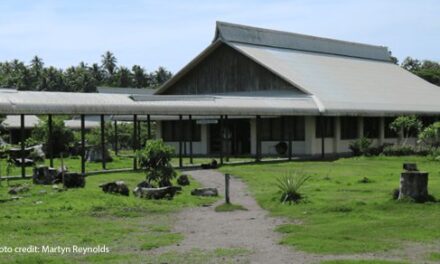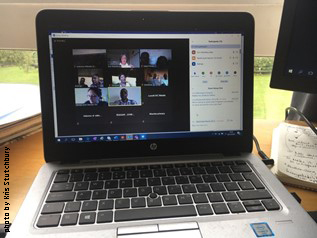This blog was written by Deborah Kimathi, Education Workforce Lead at the Learning Generation Initiative.
The Learning Generation Initiative (LGI) exists to empower the people within and connected to education systems to enable all children to be learning within a generation. We achieve this by working with policy makers, researchers and other stakeholders to analyse critical issues for the education sector to generate evidence that informs action with governments and local partners that can be amplified in collaboration with our high-level champions and others in the sector.
LGI’s Education Workforce Initiative (EWI) is a crucial pillar of achieving this mission, and EWI’s vision is for all countries to have a strong education workforce that is designed and supported to help those within education systems collaborate with each other and with those outside the education system to achieve learning for all. LGI published the flagship report Transforming the Education Workforce in 2019, which put forth the vision of a collaborative model of education professionals intentionally working together in what we call a learning team approach.
As put forth in the report, the learning team approach has the learner at the centre, supported by an effective education workforce collaborating within and across levels and with other sectors to ensure the learner is ready and able to learn. Learning team approaches present a way to rethink the design, support, and functioning of the education workforce to promote quality education for all. Learning teams were referenced in the Global Education Evidence Advisory Panel (GEEAP) ‘2023 Cost-effective Approaches to Improve Global Learning’ report as a promising investment, that requires more evidence.
With learning poverty at an extra-ordinary level, and as a strategic partner of the What Works Hub for Global Education, LGI wanted to take a closer look at the role of learning teams in addressing the global foundational learning crisis. This new brief ‘Learning Teams for Foundational Learning’ brings together the existing evidence on the potential of learning teams, and highlights examples of how they have been harnessed to improve foundational learning in various contexts.
Over the next few weeks, we will be sharing a series of blog posts with insights from organisations who are leveraging learning team approaches to drive impact on foundational learning – join us to engage with voices from across the African continent. LGI is also working in collaboration with The Open University’s Centre for the Study of Global Development (CSGD) to develop a multi-country research agenda. Later this year, the team will share case study findings from Kenya and Nepal that will also inform the wider agenda, helping to identify enabling factors for Learning Team effectiveness across contexts, highlighting barriers and enablers to scale, and illustrating how they succeed and become embedded in education systems.
Please do get in touch and share your own experience with learning teams. If you are interested in discussing the research findings further, or would like to stay in touch about future events and publications, please sign up here.
All of this is intended to contribute to a broader research agenda that will establish a critical set of knowledge for those pursuing the transformation of education. This research will:
- Broaden our database of learning team examples and refine the learning team typology
- Deepen our understanding of what prompts, informs and enables the design and establishing of learning teams (or new collaborative practices between different groups of actors)
- Share ideas on how different forms of learning teams can be sustained, including through integration into public education systems (and to consider if longevity of learning teams is always desirable)
Read this blog from our partners at Grassroots Nest for Innovations and Change (GRiC) on their community-driven approach to supporting foundational learning for the most marginalised, as they mobilise parents, teachers, and volunteers to transform education in Kenya, Tanzania, and Uganda.
Please feel free to reach out to our Education Workforce Initiative Lead Deborah Kimathi for further information.

